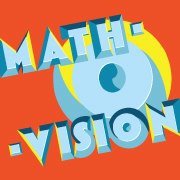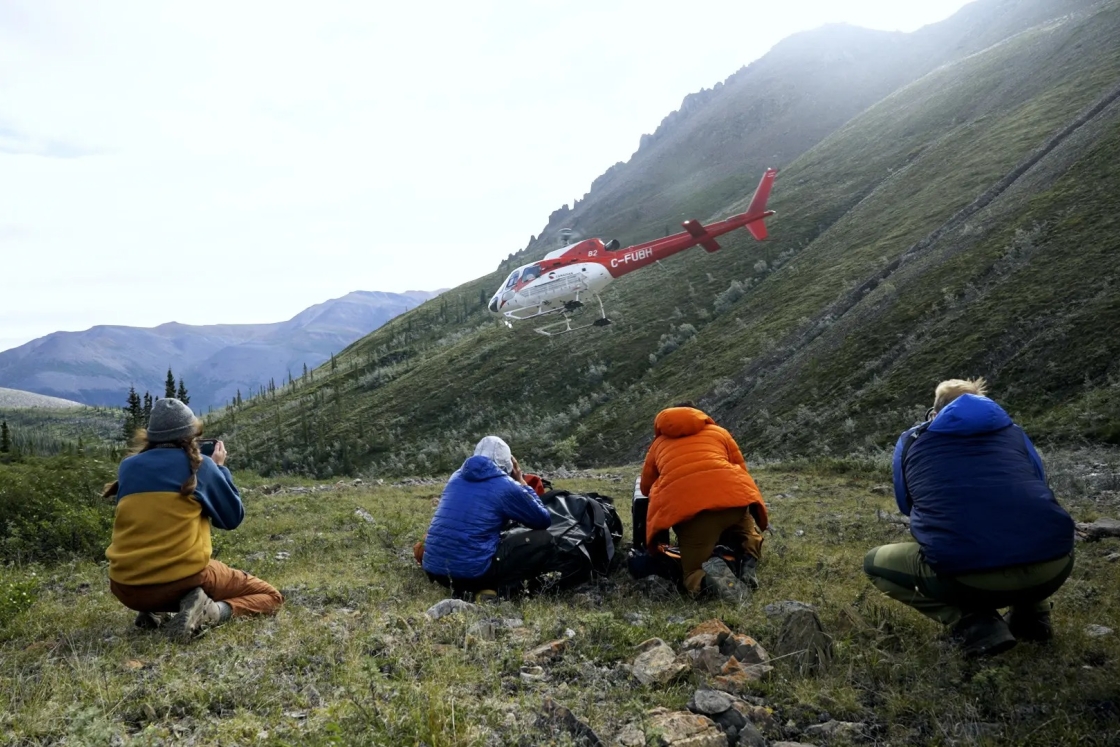Winners of the 2013 Math-O-Vision contest were announced in May 2013. Click here to see a list of the winners.
Students who take an interest in math may not always feel passionate about the arts, and vice versa. But a new Dartmouth-sponsored contest asks high school students to combine the disciplines by creating short movies about math.

“I’m hoping that kids who don’t think of themselves necessarily as math types would be intrigued by the challenge of using their ‘arts chops’ to explore mathematical ideas that have always intrigued them,” says Daniel Rockmore, the William H. Neukom 1964 Professor of Computational Science, who put together the contest.
The “Math-O-Vision” contest, sponsored by The Neukom Institute for Computational Science and Dartmouth’s mathematics department began November 26 and is open for submissions through May 1, 2013. The contest asks high school students to create four-minute films to “show the world of equations we live in” and the ways in which mathematics fills our world.
Rockmore, who is the chair of the mathematics department as well as the director of The Neukom Institute, has worked on several films related to mathematics, including three documentaries and a 13-part video series. He says he has found such experiences valuable for both filmmakers and mathematicians.
“These have been wonderful collaborative, creative experiences: filmmakers learn a lot from the mathematicians in trying to turn mathematical thoughts or even the mathematical process into movies and mathematicians learn a lot in working to make complicated mathematical ideas clear to the filmmakers,” says Rockmore. “Another nice connection is that mathematical and computational ideas have been critical to many of the amazing new technical achievements that we now witness in today’s movies.”

But in the Math-O-Vision contest, the mathematicians and filmmakers aren’t the only ones who will benefit from these types of projects, Rockmore says.
“Finally—and hopefully—if done right, the audience also learns a lot by seeing a creative visual explanation of a mathematical idea or the mathematical process.”
Rockmore hopes the contest will produce interesting movies about math. But what he particularly wants is for more students to be inspired to think more about the subject.
“That would be a wonderful thing,” he says.

